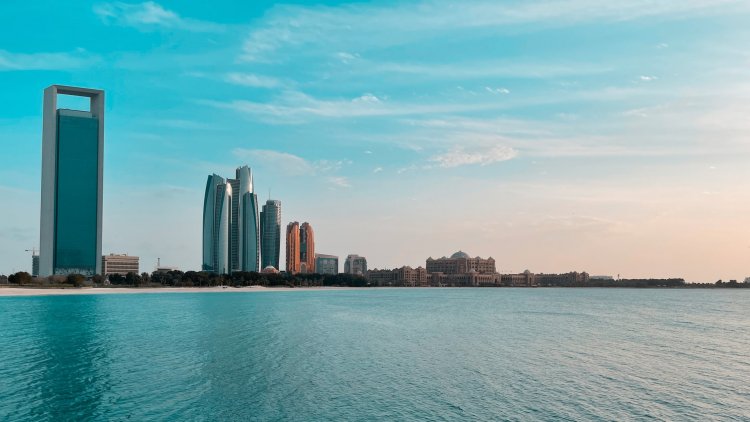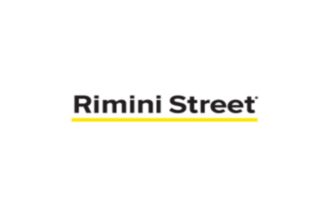As part of the UAE’s vision to enhance sustainable living in Abu Dhabi, the Environment Agency – Abu Dhabi (EAD) announced today that its ban on the use of single-use plastic bags will be effective from June 2022, based on its integrated single-use plastic policy that was introduced in 2020. Through the implementation of the region’s first integrated policy, the Agency plans to gradually reduce the amount of single-use plastic products consumed across Abu Dhabi, and encourage the use of reusable products. In this context, EAD is planning to implement measures to reduce demand for about 16 single-use plastic products that include cups, stirrers, lids and cutlery.
Additionally, EAD is also heading towards phasing out single-use styrofoam cups, plates and food containers by 2024. The comprehensive policy has been developed to promote a healthy environment and a sustainable lifestyle for all and to combat climate change by reducing resource consumption and associated pollution.
Since the launch of the policy in March 2020, the Agency has coordinated extensively with its strategic partners concerned with implementing the policy, especially plastics producers and retailers, to ensure effective implementation, as new technical standards for multi-use bags have been set. In support of this drive, a large-scale awareness campaign will be carried out across the emirate to educate the public on the new procedures, helping to activate the ban on single-use plastic bags from June.
Her Excellency Dr Shaikha Salem Al Dhaheri, Secretary-General of EAD, said: “By launching and implementing the integrated single-use plastic policy, EAD seeks to continue the legacy of the late Sheikh Zayed, whose deep passion for preserving the environment inspires us in our sustainability journey. We are extremely eager to continue on our path of reducing the consumption of single-use plastics in Abu Dhabi.”
She added: “As part of our plan to completely curb the use of single-use plastics, we are encouraging Abu Dhabi citizens to use more multipurpose and re-usable materials to reduce their environmental footprint. Today, we are introducing a ban on single-use plastic bags in the capital in light of their harmful impacts on the environment and biodiversity.”
She elaborated: “We have taken great strides toward realising the policy’s targets, and have built the regulatory framework to ensure the policy’s successful implementation. With the support of the UAE government and close collaboration with our stakeholders, we are on the right track towards success.”
In the context of implementing the integrated single-use plastic policy, EAD has organised clean up events and awareness campaigns encouraging community members to play a role in protecting the environment while educating people on the damage done by the amounts of single-use plastics and litter and their impact on beaches and marine habitats. The Agency is also targeting private sector companies, providing them with tools to effectively plan for the policy’s implementation.
The Agency has re-engineered its internal procedures to implement the policy and reduce the use of single-use plastics within its scope. Several agency partners from the government sector have also implemented initiatives to support the policy, while many restaurants are also launching initiatives to reduce the consumption of single-use plastics, and some major retailers are encouraging shoppers to use reusable shopping bags.
Furthermore, EAD is conducting a detailed and holistic study for the introduction of an incentive-based, single-use plastic water bottle return scheme in Abu Dhabi, in partnership with more than 30 private and public entities.
















